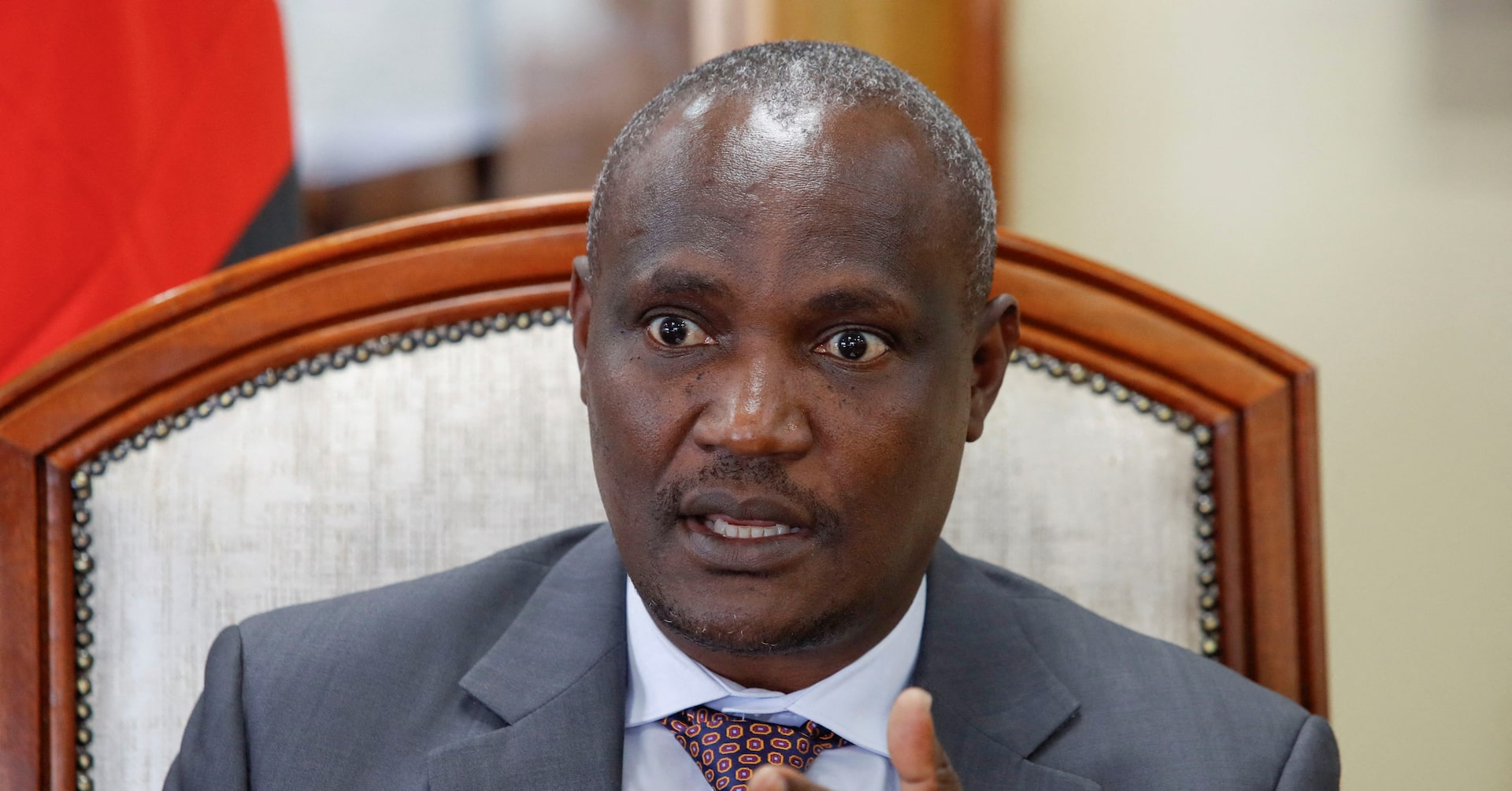Fiscal Roadmap: Kenya Charts Ambitious Debt Reduction Strategy to 52.8% by 2028

Kenya is charting an ambitious path to fiscal responsibility, with Finance Minister John Mbadi revealing a strategic plan to dramatically reduce the country's debt burden. In a bold move announced on Wednesday, the government aims to trim its total debt-to-GDP ratio from the current 58.1% to a more sustainable 52.8% by the 2027/28 financial year.
This targeted reduction would bring Kenya's debt levels comfortably within the critical threshold of 55% of economic output, signaling a commitment to stronger financial management and economic stability. The plan demonstrates the government's proactive approach to addressing fiscal challenges and maintaining economic resilience in an increasingly complex global financial landscape.
By methodically working to lower its debt ratio, Kenya is sending a powerful message about its fiscal discipline and long-term economic strategy. The initiative not only promises to improve the country's financial health but also potentially enhance investor confidence and create a more robust economic foundation for future growth.
